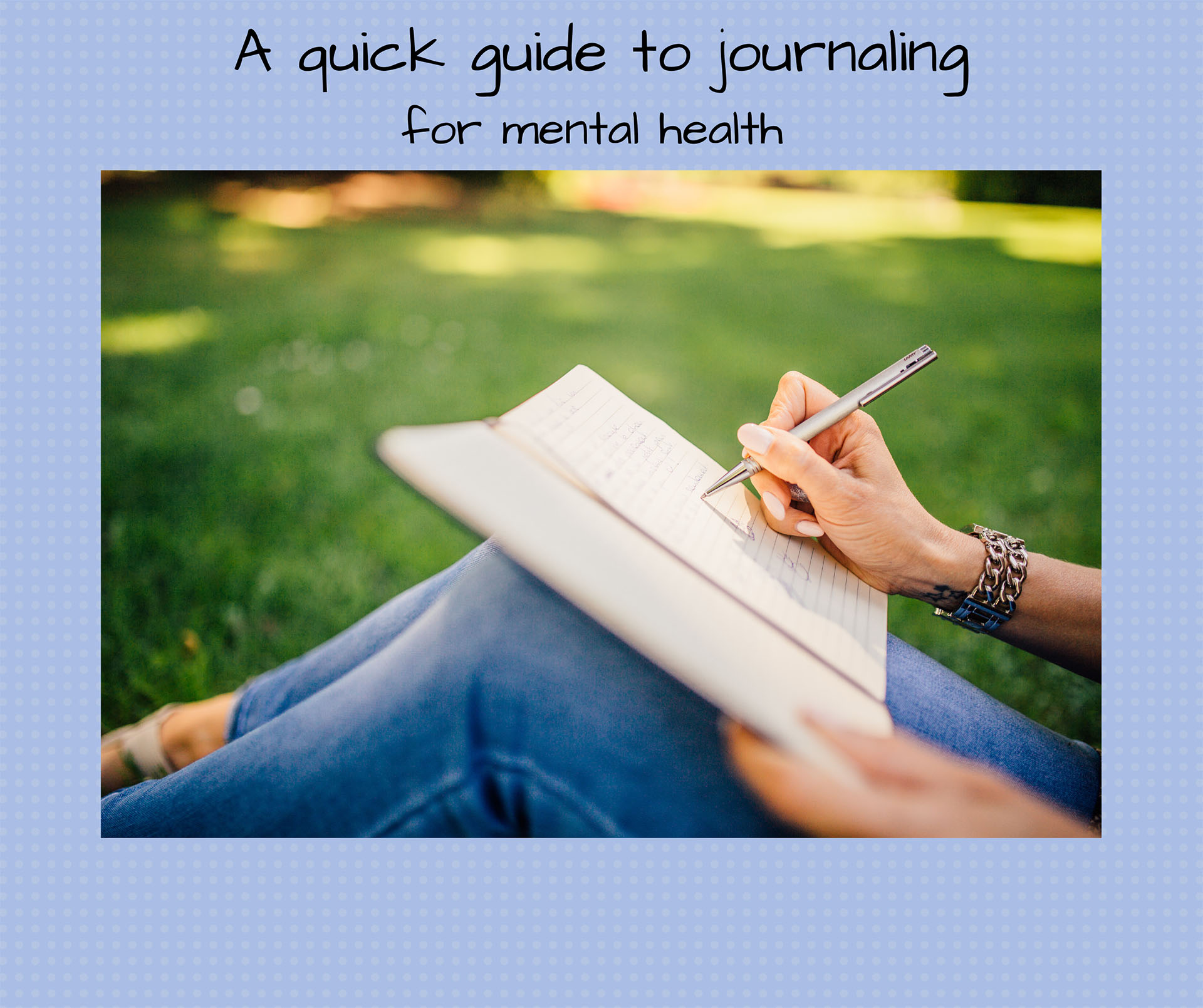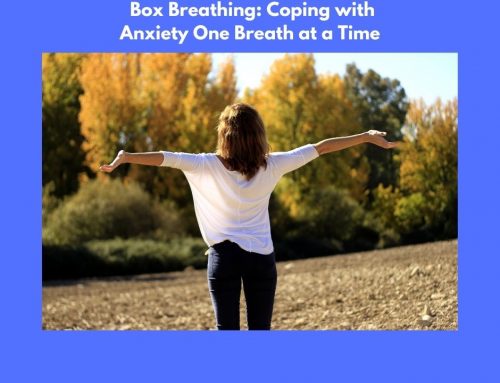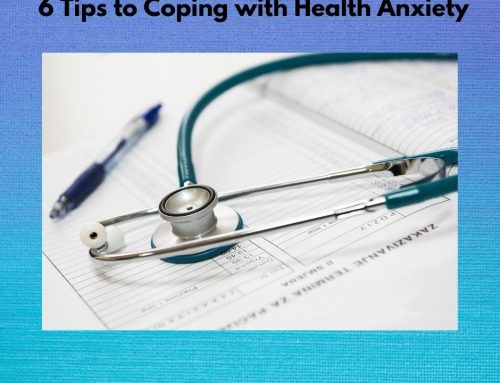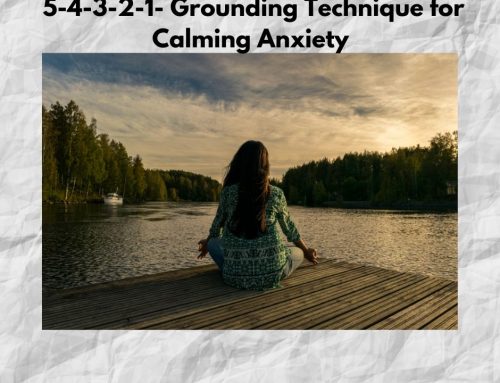It’s important to regularly practice techniques that can reduce how often you experience anxiety and the degree to which you experience it. By doing that, you can turn things around and have a calmer and more relaxed way of living. Journaling is a great way to manage your anxiety by helping you figure out the why’s, when’s and what’s of your own unique anxiety.
One of the first steps in treating anxiety is to monitor your symptoms. Keeping an anxiety journal is an effective way of finding out what causes your anxiety and to what degree those situations impact your anxiety.
I would suggest journaling for approximately two weeks in order to get a real sense of what some of the causes are, such as time, place and anxiety provoking events. In the journal, it’s important to write down your anxiety levels and how you feel throughout the day. The following information is helpful:
At a regular interval, record your level of anxiety. Things to consider:
- the day and time
- the amount of anxiety that you feel (on a scale of 1 to 10)
- how long does your anxiety last for
- what was happening leading up to you feeling anxious
- what specifically are you worried about
When anxious events occur, write down:
- what the event was
- when and where did it occur?
- what factors made the event anxiety provoking
- how did you handle the event
- did you tackle the cause or the symptom?
- did you deal with your anxiety well? What did you like that you did and what would you change if you could?
After a couple of weeks, you should be able to break this information down. It may be interesting as you look at the findings, to write down the outcomes of what you were doing when you felt anxious. This should give you two types of information:
- You should be able to understand the level of anxiety that you are happiest with and the level of anxiety at which you function most effectively. You may find that your performance is good even when you feel upset by anxiety.
- You should be able to answer the question “what are the main sources of anxiety in your life?” You should understand what circumstances make your anxiety particularly unpleasant and you should begin to understand whether your strategies for handling anxiety are effective or not.
It is probably worth keeping your journal for a short period of time. You will find that the longer you keep the journal, the smaller the benefit of each additional day it will be. If, however, your lifestyle changes or you begin to suffer from anxiety in the future, then it may be worth using the journal approach again. You will probably find that the anxiety you face, has changed. If this is the case, then keeping a journal again will help you to develop a different approach to dealing with your anxieties.
Another upside to journaling…
Journaling has another use aside from helping you to monitor and understand your anxiety. It’s proven that writing down your worries, helps them go away and helps you work through your anxious feelings. Getting your thoughts out of your head and onto paper is so important; facing your anxiety is an important step to dealing with it.
When people feel anxious, many times their first instinct is to avoid, ignore and push away their anxious feelings. Unfortunately, this strategy usually backfires and the anxious feelings usually get stronger and more powerful. Whether you journal daily, weekly or on an as-you-need basis, it can prove to be helpful in managing your anxiety and can help you feel calmer, healthier and more in control.
How to Get Started:
- Start by journaling for 5-10 minutes. Write about what’s on your mind and what’s bothering you. Just write what comes to mind; don’t worry about how it sounds.
- Do you ever find yourself lying in bed, ruminating over everything you have to do the next day? I know I do! Do these thoughts get you worried and anxious? Does thinking about it make it hard for you to fall asleep? Absolutely!Try writing a to-do-list of what you want to accomplish the next day. By writing things down, your mind stops racing, it’s cleared and you can have a much better night and a much better sleep.I always feel better once I’ve written down my list of what I have to do the next day. Without that list, I doubt I’d ever fall asleep. Trust me I’ve tried. And I always end up jumping up in bed, turning the lights on and writing everything down. It never fails.
- Sometimes writing down the tasks that you need to accomplish can add to your feelings of being overwhelmed and anxious. If that’s the case, break them down into smaller tasks. For example, take a task such as “go through my incoming email box” and break it down into something smaller and more manageable. Instead, you can write down “every hour respond to 3 emails.” This breaks it down and takes some pressure off.
- Be grateful. Journaling can help remind you of all of the things that you’re grateful for. When we’re anxious, we tend to be more negative. It can be hard to see past our feelings and worries. But there are always things to be happy about. At the end of each day, write down three things that you are grateful for. “I’m grateful for my morning cup of coffee.” “I’m grateful that the sun is shining.” Focus on being happy for the little things in life; they come around a lot more often than you realize.
- Part of your journal can be reserved for positive images, favorite quotes and inspirational mottos.
Journaling is an easy, yet effective tool used to manage anxious thoughts and feelings. It can help shift you from a negative place, to one that is empowered, more positive and more relaxed.









